
In 1861, Missouri was a state in turmoil, with a newly elected Governor wanting to secede from the Union. A slave state, the newly elected officials did not agree. Lincoln had called for troops, which some Missourians declared an illegal act. But Missouri had become “a German State” after thousands of immigrants had filled its beautiful river valleys. One of those German immigrants, Friedrich Hecker, was the well-known revolutionary leader, who had fled with thousands of other ’48ers who had made Missouri their new home. Many would also settle on the eastern side of the Mississippi River in Illinois. Friedrich Hecker was a hero to the vast majority of German Americans living in the United States during the mid-19th Century.

Born September 28, 1811 in Eichtersheim, Grand Duchy of Baden, he was a German lawyer and politician, and one of the primary agitators in the 1848 Revolutions in Germany. The Hecker uprising was an attempt in April 1848 by Baden revolutionary leaders Friedrich Hecker and several other radical democrats to overthrow the monarchy and establish a Republic in the Grand Duchy of Baden. The uprising first major clash in the Baden Revolution and among the first in the March Revolution in Germany, part of the broader Revolutions happening across Europe. Following the 1848 German Revolution he moved to the United States, but maintained an acute interest in events in Germany. In the spring of 1849, the Baden revolution re-ignited, and Hecker returned to Europe to participate. However, he only made it as far as Strassburg when word came that the insurrection had been defeated by Prussian troops and he returned to Illinois once again.
However, like most German Revolutionaries he became increasingly focused on the political issues in the U.S., and in particular the issue of slavery. When the Illinois Republican Party was organized at a convention in 1856, German American ’48ers were involved. Hecker and Abraham Lincoln were selected to be the two electors-at-large if John C. Fremont were to win Missouri. The Republicans attracted a wide array of political perspectives, both Conservative and Radical, with often strongly divergent views . Except for their opposition to slavery, the interests of the immigrant Forty-Eighters was in sharp conflict with those of the nativists. The influence of Hecker and the other German-American leaders was critical in keeping the party unified in regard to its most important principles. They were strongly behind Lincoln.

Leading up to the Civil War, he became increasingly focused on the issue of abolishing slavery, and wrote the forward to a German translation to Thomas Paine’s The Rights of Man so that all of his fellow Germans could know this great writing. After the Battle of Fort Sumpter, when Lincoln called for 75,000 volunteers, Hecker would begin recruiting, and Illinois would exceed its allotment of 6,000 volunteers in five days. Hecker would serve as a Brigade commander in the Union Army during the Civil War, leading the 3rd Brigade, 3rd Division, XI Corps. By June, 1861, ten regiments had been accepted, one of which was the 24th Illinois Infantry Regiment commanded by now Colonel Hecker. The 24th Illinois was the first unit mobilized from Chicago, and was made up of German, Hungarian, Czech and Slovak immigrants, mostly Forty-Eighters.

After the war, Hecker returned to his farm in Summerfield, Illinois. It was in 1871 that he gave his very famous address at St. Louis of his enthusiasm for the German Americans and their glorious future in their newly united Fatherland, the United States. He passed away on March 24, 1881 and was buried at his farm in Lebanon, Illinois called Summerfield.
The Friedrich Hecker Monument was dedicated on October 1, 1882, before a crowd of over 15,000 in beautiful Benton Park, in St. Louis, Missouri. Sadly, the monument has experienced vandalism, and its beautiful bronze plaques have been stolen. Efforts are currently underway to raise funds to restore the monument to its former glory.

For Further Reading see Sabine Freitag, Friedrich Hecker: Two Lives for Liberty. Transl. from the German and ed. by Steven Rowan. St. Louis Mercantile Library, University of Missouri, 2006
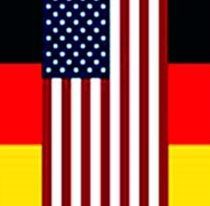

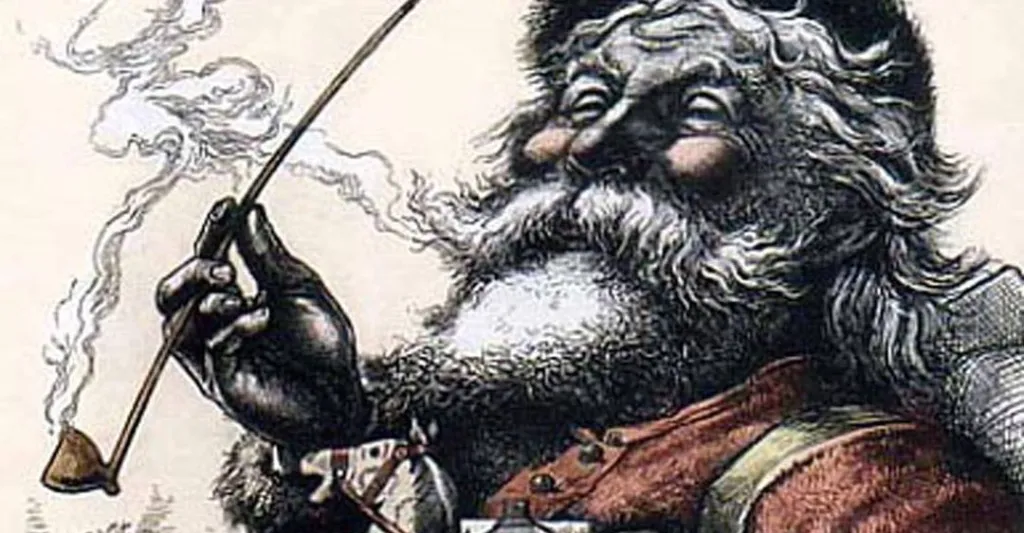
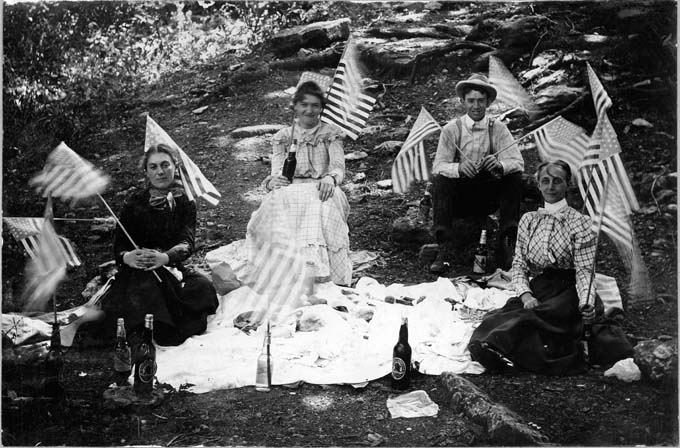
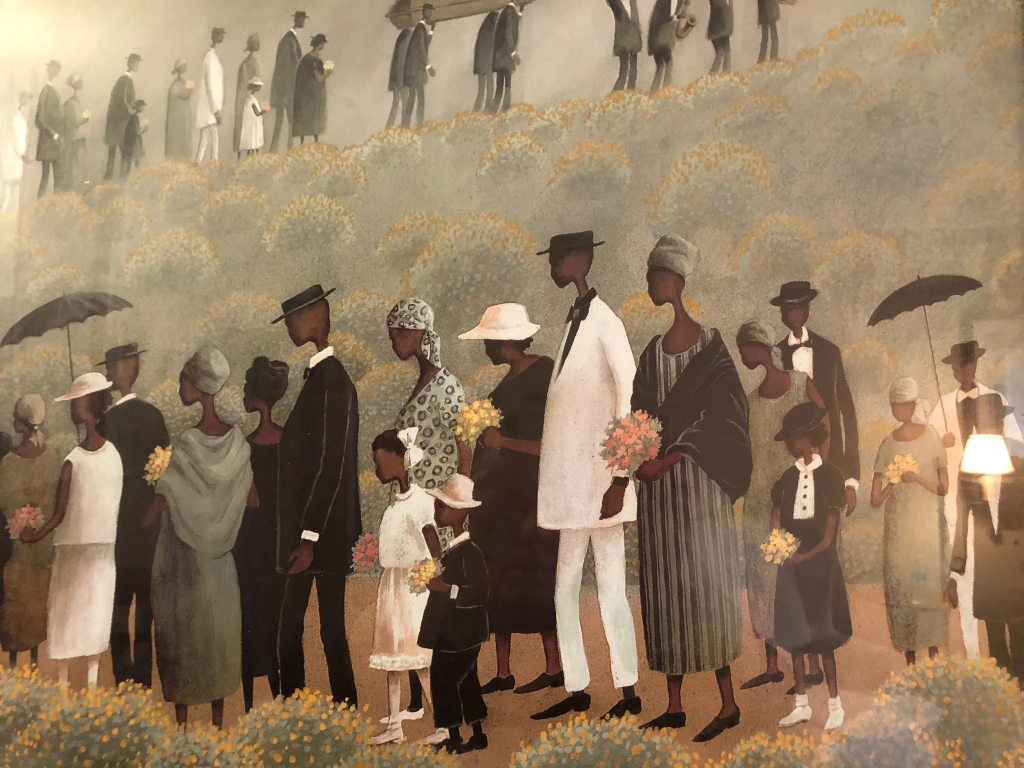
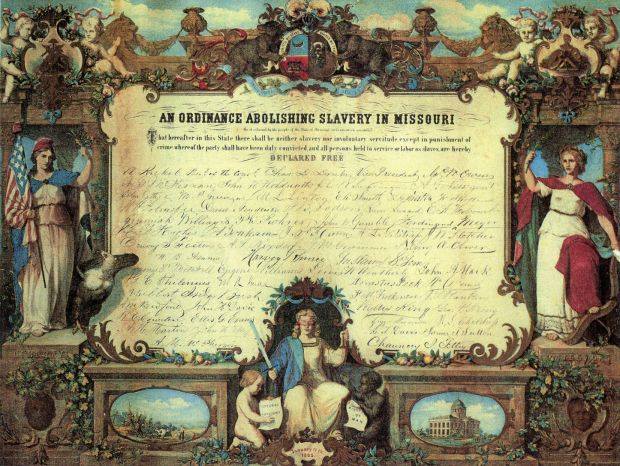
One response to “Friedrich Hecker”
Thanks Dorris for all that you do. Gene Wehrheim ________________________________
LikeLiked by 1 person